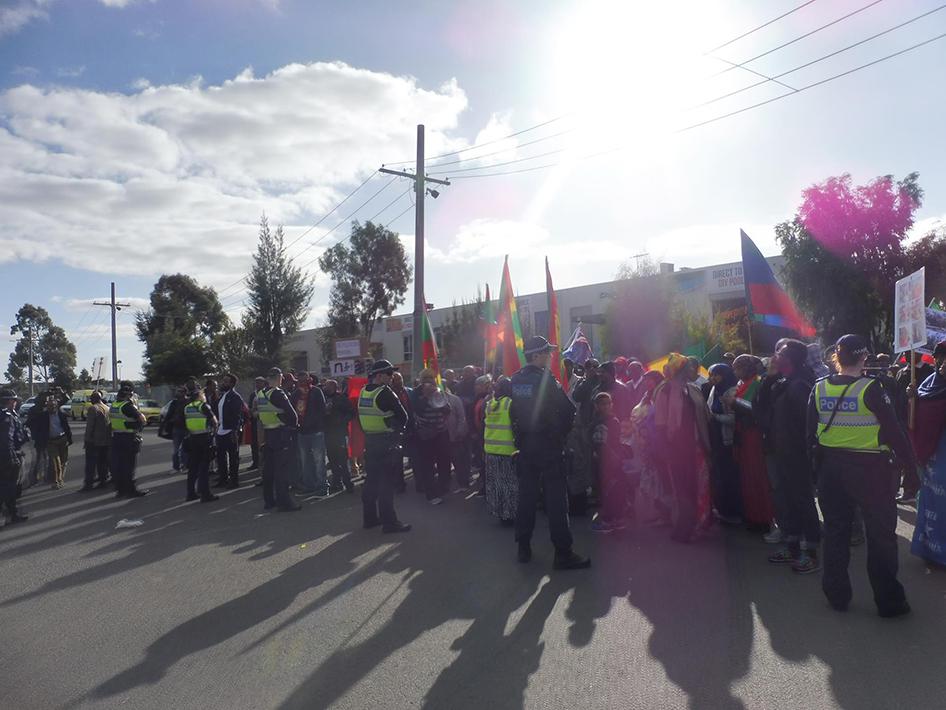Ethiopia has never been an easy place to operate. But a six-month
state of emergency, combined with internet and travel restrictions
imposed in response to a wave of anti-government protests, means it just
got a whole lot harder.
The government has targeted the mobile data connections that the
majority of Ethiopians use to get online. Internet users have also been
unable to access Facebook Messenger and Twitter, with a host of other
services also rendered unreliable.
This has impacted everyone: from local businesses, to foreign
embassies, to families, as well as the extensive and vital international
aid community.
“Non-governmental organisations play crucial roles in developing
countries, often with country offices in the capitals, satellite offices
across remote regions, and parent organisations in foreign countries,”
said Moses Karanja, an internet policy researcher at Strathmore
University in Nairobi. “They need access to the internet if their
operations are to be efficiently coordinated.”
A political decision
The Ethiopian government has been candid about the restrictions being in response to year-long
anti-government protests in which hundreds of people have died.
It has singled out social media as a key factor in driving unrest.
Since the beginning of October, there has been a spike in violence
resulting in millions of dollars’ worth of damage to foreign-owned
factories, government buildings and tourist lodges across Oromia Region,
initially ground zero for the dissent.




